A quarter of Australian women say they have been emotionally abused by a current or former partner.
The latest Australian Bureau of Statistics (ABS) Personal Safety Survey, released in 2017, found one in four women had been “subjected to behaviours or actions (often repeatedly) aimed at preventing or controlling their behaviour, with the intent to cause them emotional harm or fear through manipulation, isolation or intimidation”.
BuzzFeed News spoke to three women about their experiences.
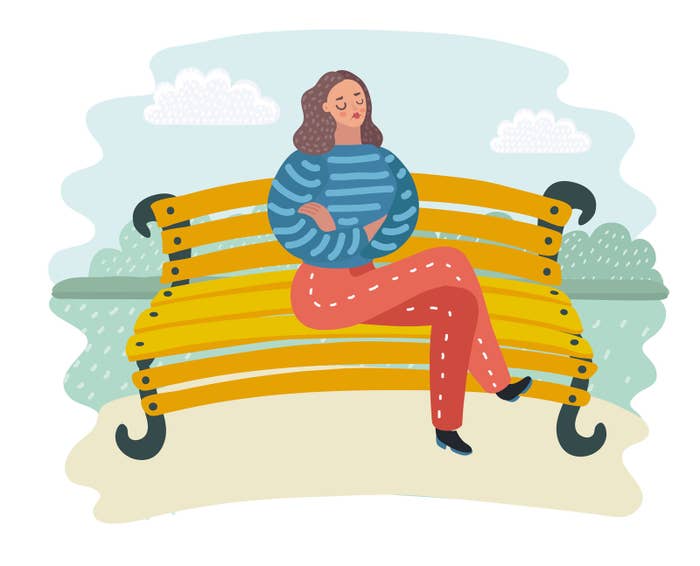
It can go on long after a relationship has ended.
Lauren — a pseudonym to protect her privacy — had no mutual friends with her ex-boyfriend Matt, not his real name, when she first met him at a social sporting event.
“I had that thing where you see someone and know you’re attracted to them before you even start talking to them,” the 28-year-old told BuzzFeed News. “I’d been through a phase where I’d seen a lot of people and gone on a lot of dates and I was getting over it and it wasn’t fun.”
The couple seemed to be looking for the same thing in a relationship and Lauren found Matt “kindhearted”.
“We shared some similar past experiences of relationships and we had a similar philosophy on commitment, and I felt like he was someone who would understand why I’m insecure about certain things,” she said.
“When I met him, he didn’t display any of the character traits that ended up coming out later.”
Matt moved into Lauren’s share house four months into their relationship.
“It got pretty serious pretty quickly because I think we were both at that point where we were looking for something serious and weren’t looking to just muck around,” she said. “He was at my place so often, it seemed like a natural progression for him to move in… it didn’t feel too full on.”
Early in the relationship Lauren noticed Matt was insecure about her previous partners but didn’t think much of it — “everyone has their own insecurities”.
“It is hard to say when things started to deteriorate,” she said.
She remembers small miscommunications would become “unbearable” for him and he angered easily: “He would just snap like it was the worst thing in the world and I couldn’t figure out why. The arguments happened more often because he would snap and everything and then he would withdraw a lot.”
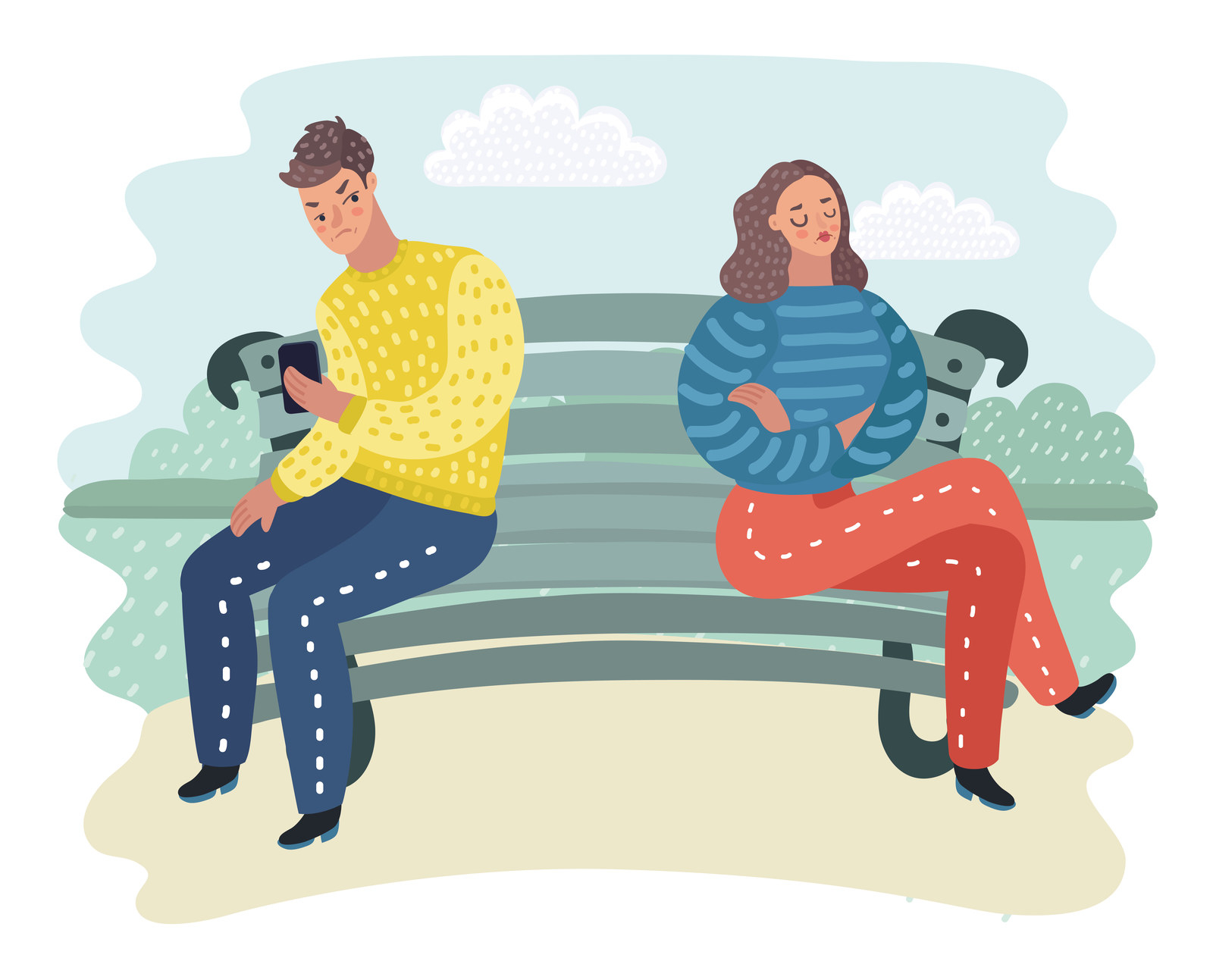
Lauren said Matt began to spend most of his time playing computer games and smoking weed.
“I tried to talk to him about it and about how he was self-medicating but he felt like I was telling him the same thing his parents had always told him,” she said.
Friends and family were encouraging Lauren to leave the relationship.
“I think he knew at that point that I was sharing some information about what was happening and I had been using his old phone and one day he just snatched it off me and told me that it wasn’t mine and that I couldn’t have it back,” she said.
“That was one of the worst arguments we had because it made me panic and he had logged onto my Facebook and read some of my messages.”
One in two Australians find it difficult to recognise non-physical abuse in a relationship. One in four women have experienced at least one incident of non-physical abuse from a live-in partner, according to research released last year by Our Watch, a national anti-domestic violence organisation.
A fifth of Australians surveyed made the excuse that if someone checked and monitored their partner’s phone it was because their partner couldn’t be trusted.
Lauren spent a few nights sleeping on friends’ couches.
“I had emotionally checked out but I didn’t know what to do,” she said. She felt like Matt wouldn’t cope if she broke up with him.
“I thought, I don’t know, like he would hurt himself or hurt me … there were times where I felt unsafe and I don’t know whether that was warranted or not,” she said. “There were times that he seemed so out of control that I thought he might do something that he didn’t even know he was doing.”
Lauren said Matt often made her feel like he was a good partner, but that she needed to work on herself.
“I did go at one point and speak to a psychologist and I realised pretty quickly that it wasn’t me who had the issues,” she said.
A friend had a spare room and Lauren asked her to keep it free. She broke up with Matt and moved out of the share house within a fortnight.
“I don’t think it really hit him until I moved out and I don’t think he thought it was actually happening,” she said. “Then he just wouldn’t stop contacting me.”
They had both been committed to a long term relationship and Matt used that against Lauren.
“He’d say like, ‘well you told me that you’d stay with me’, and ‘this is how relationships are sometimes, they are hard work’,” she remembers.
After the breakup, Matt messaged her multiple times a day for months.
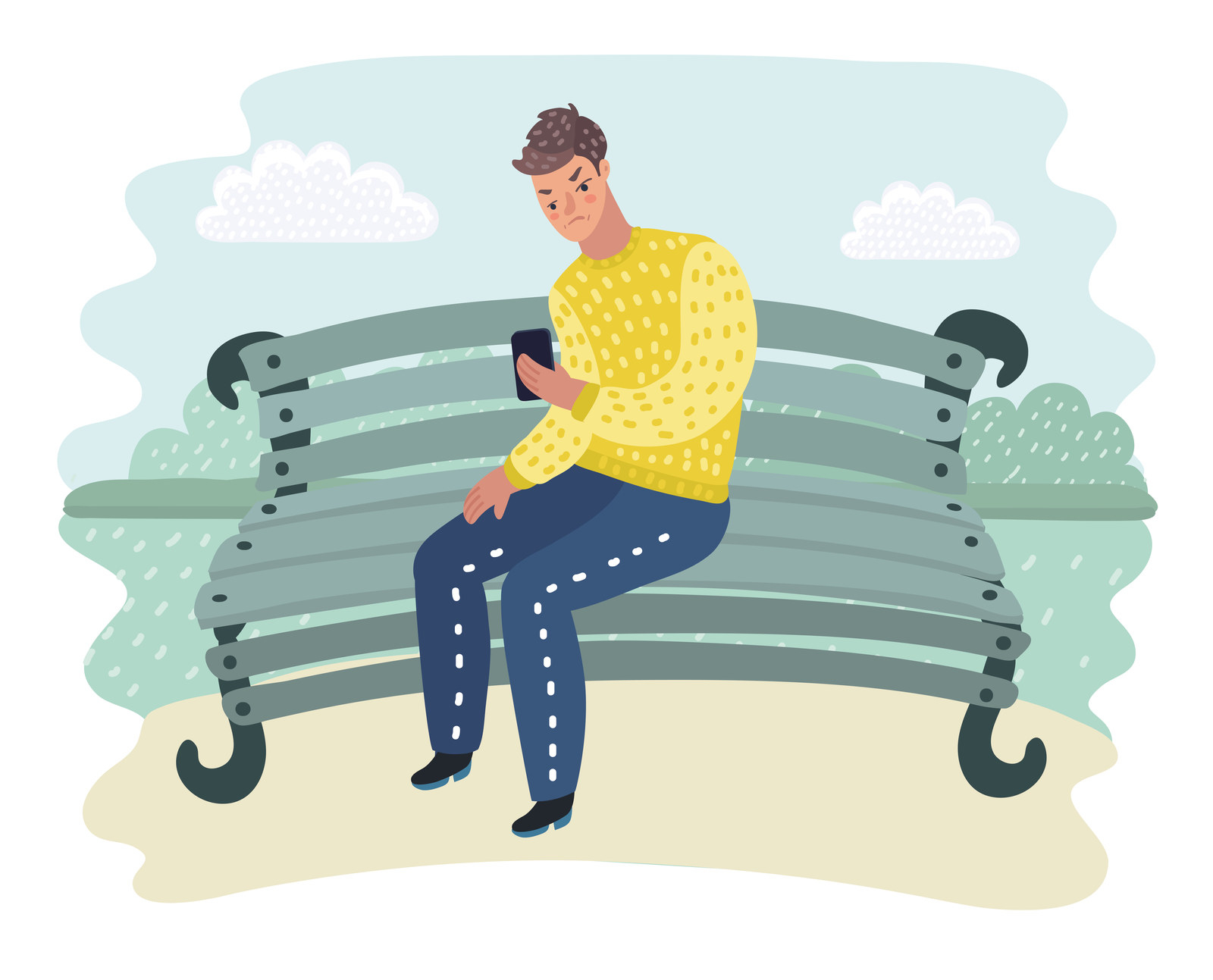
“He would call me and tell me that he was going to kill himself, and he would tell me about how he had to call Lifeline,” she said. “The thought of that was really scary, and having that responsibility was a lot because obviously I didn’t want him to die, I just needed a break from it.
“Whenever I dropped off on contact I would wake up to 24 missed calls.”
Three months after they broke up, Lauren said she passed him at an intersection.
“He was for sure waiting outside my house or something, it was too strange.”
One day Lauren agreed to go for a walk with him in the middle of the day on a weekend.
“It was the most public place he’s ever lost his shit at me before,” she said.
Lauren began dating a close friend and decided to be honest about it.
“He was hyperventilating and part of me was thinking ‘this is ridiculous’, but part of me was thinking ‘I don’t know what he is going to do right now’,” she said. “He kept saying how could I do this to him and why did I abandon him?”
She is still in contact with Matt.
“He is still not really accepting the situation and not respecting my choice to not start things up again,” she said. “He has made a lot of progress and he has reached out to his friends who he’d neglected and they have really stepped up to the plate.
“The last few conversations we have had have been a lot calmer, but I did say to him a few weeks ago that ‘we just need to not speak to each other for a while because every time I try to help you or indulge your needs it ends up just collapsing’.”
Controlling behaviour is a “particularly strong” predictor of repeat intimate partner violence, a study released this month by the NSW Bureau of Crime Statistics and Research (BOCSAR) found.
For ABS Personal Safety Survey respondents whose partner had in the past 12 months tried to stop them from contacting family, friends or community, the risk of repeat intimate partner violence was more than seven times higher.
It can foreshadow physical violence.
Alexa — a pseudonym to protect her privacy — met Jack, not his real name, when she was 23.
“He was educated, articulate and incredibly charming,” the now 57-year-old told BuzzFeed News. “At the time he was quite good looking.”
She loved his family.
“He came from this incredibly complex family that I just adored, and I came from a small and dysfunctional family,” she said.

Alexa said there were two versions of him: good Jack and bad Jack.
“He was so articulate, you could never win an argument with him, and you never knew when the attack was going to come, or why it was going to come, so you spent your life walking on eggshells trying not to set him off,” she said.
“The whole thing with emotional abuse is [that] at least with physical violence, there is a bruise.”
The relationship was on and off for a few years — “we’d break up and then he’d come back and say ‘sorry, I really love you’, and I stupidly go back” — until Alexa moved interstate to get away from him.
During that period Jack told Alexa he had married another woman.
“I remember just thinking ‘thank God’.”
A few years later he pursued Alexa again.
“He just began this low level seduction and eventually we were back together,” she said.
She said Jack had undermined all the women in his life, including female bosses.
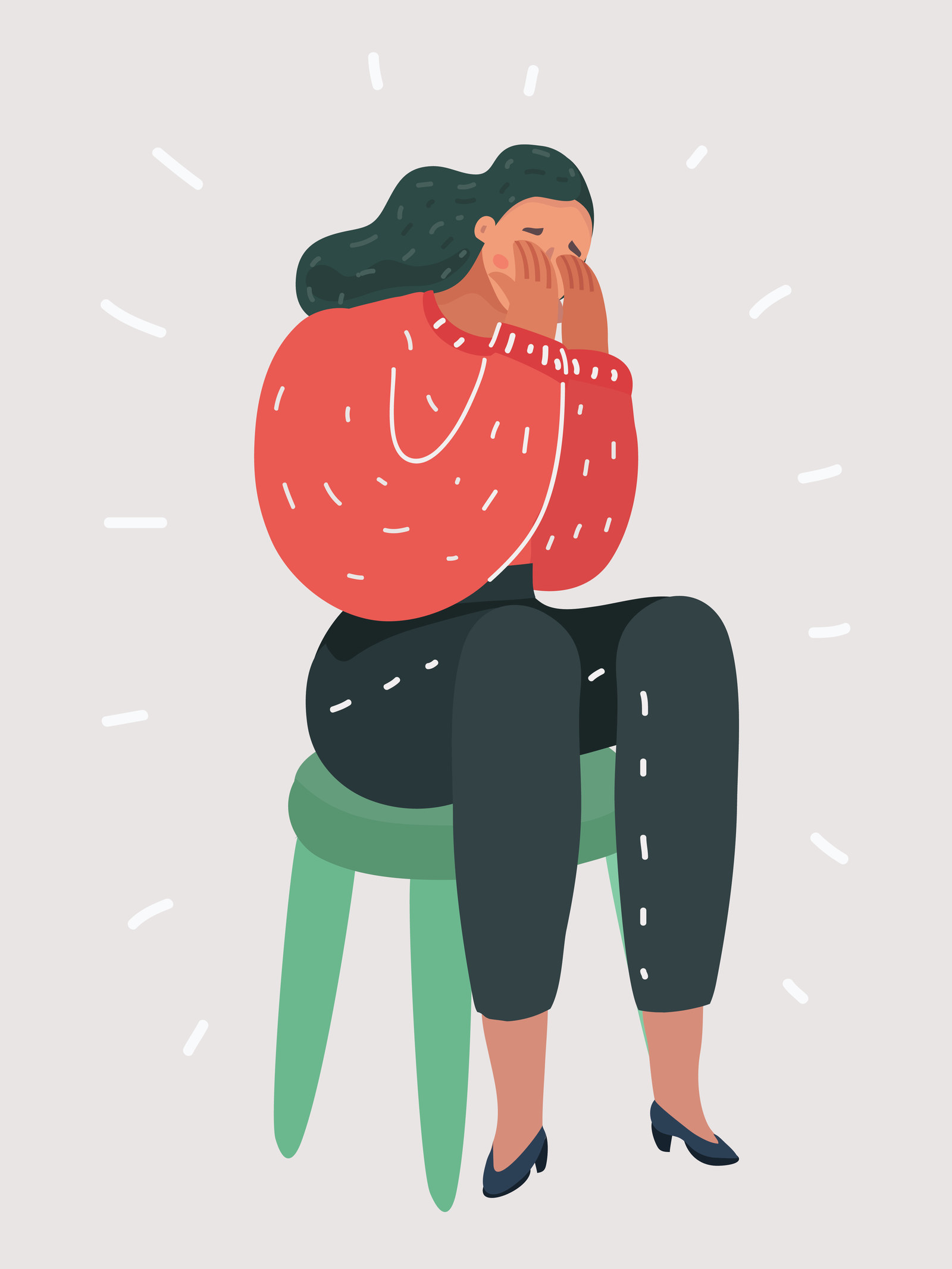
When Alexa had some career success and was going on an important work trip, she said Jack told her “I’m not going to be the Denis to your Margaret Thatcher”, referencing the former British prime minister’s husband.
“I was very unsophisticated emotionally and I just didn’t understand that it was abnormal because I didn’t come from a particularly functional family and my parents were unhappily married,” she said. “I had no idea that it was OK to be valued.”
Jack told her in different ways that she wasn’t good enough and that she needed to change.
“He could be quite physically threatening,” she said.
The situation escalated further when Alexa fell pregnant to Jack with her second child.
“I spent most of my pregnancy just trying to avoid him,” she said. “Eventually he hit me and so that was that. Until the point he hit me, I assumed he wouldn’t because he is the sort of bloke who would walk around calling himself a feminist.”
The day he hit Alexa, he wouldn’t let her leave the house.
“I couldn't leave the house because I had a baby and a three-year-old and he would just hold me hostage,” she said.
The next day she rang a domestic violence helpline.
“I said he had been emotionally violent for years but that he’d never been physically violent before and that I didn’t think he would again,” Alexa said. “The woman on the phone, and I will always be so grateful for this, she told me: ‘Once he is past that line in that sand he will hit you again, so you need to get yourself and your kids out of there’.”
She left the next day with her children.
“When I look back on it, I wish some of my friends had just said ‘get out of there’,” Alexa said. “Everyone is like vicariously pretending everything is good but so many people knew he was an arsehole.”
It isn’t always a boyfriend.
Victoria — a pseudonym to protect her privacy — wasn’t in a romantic relationship with the man who emotionally abused her.
She met Hugo, not his real name, at an industry event where she “quickly discovered” he shared her creative and political interests.
“He has a seriousness about him, not that classic smooth talking charm, but this kind of serious passion that is very convincing,” Victoria, 30, said.
Hugo was twice Victoria’s age and she was impressed by his body of work in the industry in which they both work. The pair secured funding for a creative project which involved travelling interstate together.
“It seemed like we really shared this vision and that he regarded my ideas on equal footing even though I had less experience,” she said. “We were established as equals on paper.”
To cut costs they stayed in the same room.
“I’ve always prided myself on being minimal fuss and I’m a very go-with-the-flow kind of person, so I didn’t question it,” she said. “I hadn’t done a project of this scale before so I had no frame of reference I suppose as to what normal boundaries should look like.”
There was “no sexually predatory behaviour” but Victoria had no time or space away from Hugo during the project as they were working long hours, seven days a week.
“This dynamic began where there was a complete imbalance and it wasn’t the partnership we’d agreed on,” she said. “The first thing that shifted was the workload.”
Victoria ended up doing “the lion’s share of the writing” as well as all the accounting and administration. She also had to book accommodation and travel for the entire team, and when she tried to go to bed he would lump her with another task.
“We were flying by the seat of the pants and this dynamic kept getting worse and worse, but it was moving at such a pace that I couldn’t do anything other than keep my head above water,” she said. “In the end if I wanted to take a single moment off he would absolutely blow his gasket with that fully blown white rage.”
Victoria said Hugo began to control her freedom of movement.
“I couldn’t go anywhere without him and I wanted to go for a run one morning so I snuck out and got in trouble,” she said. “It was shouting and he was never physically threatening but he’s very tall and imposing.”
Hugo tried to humiliate Victoria in front of their employees.
“He started off just ridiculing or mocking me to the team or making a subtle joke at my expense, and very quickly it became like full blown super-derisive … telling me that I had no value and saying this in front of an audience of an all male team,” she said.
“It made people visibly uncomfortable but no-one ever said anything at the time. It set this precedent where I just copped everything on the chin and then gradually I started to believe it.”
Victoria said she felt her sense of reality and self worth slipping as the project continued.
“I was so downtrodden and sleep deprived and we were in a remote location and I had no external frame of reference,” she said. “I’ve never been a wallflower and I’ve always been strong and direct and professional but I started to believe everything he was saying.”
Victoria said she developed a distorted sense of her body and worth.
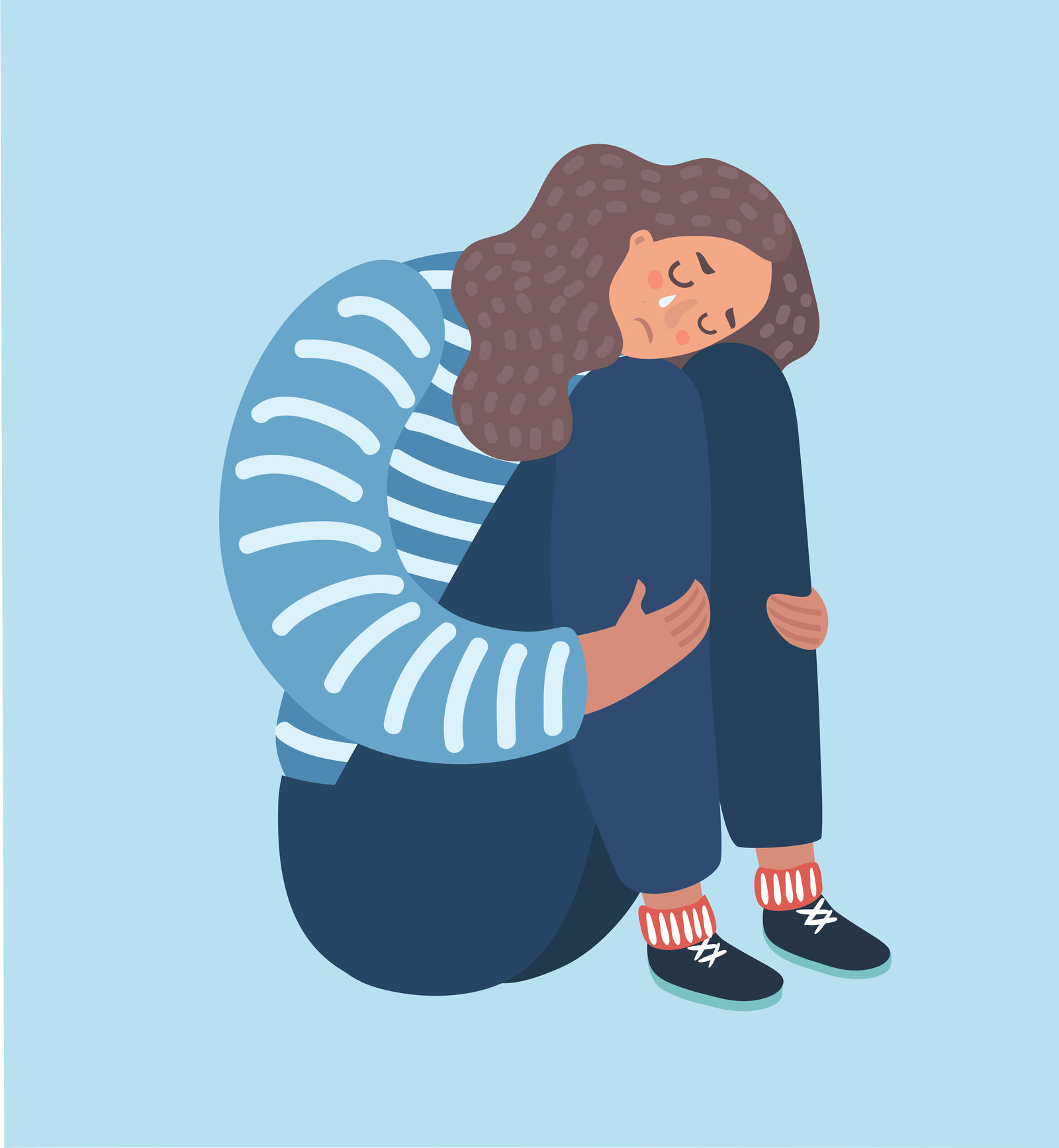
“I gained a lot of weight as I was stress-eating as a coping mechanism, and my view of myself in the mirror changed, and I remember thinking as it was all going on that I was ageing and becoming less attractive and I completely lost all sex drive and any sense of the kind of spark of who I am had just been really pummelled out of me,” she said. “I realised how much of this trauma does reside in your body and your sense of who you are.”
She began taking notes of their conversations, particularly with their investors, because Hugo said she had remembered things incorrectly.
“These revisions of truth were coming at me so thick and fast when I was so stressed that I lost the capacity to discern what was true, so I started taking minutes,” she said. “He would tell me that I had recalled things completely wrong.”
Victoria feared for her personal safety when Hugo was driving them between locations.
“We were in a remote area with limited mobile reception and he would drive recklessly just to get a rise out of me,” she said. “He would stare at me and not look at the road and intentionally swerve off the road because he knew I was terrified of dying.
“I would constantly be pleading to fill up the petrol tank because we didn’t have enough to get from A to B in places where if you run out you can perish in the heat, and he took pleasure in that.”
In between trips, Victoria began to see a psychologist who helped her to set up boundaries so she could finish the project, which she had a legal duty to see through.
“I just responded to him by saying ‘I’m happy to talk about this professionally when you’ve had a moment to change your language’ and I started setting boundaries about times that I wouldn't be contacted,” she said.
She agreed to go on one final work trip if they stayed in separate rooms.
“He didn’t have a personality makeover or anything but once I set limits, he changed and revised his behaviour in accordance with me so he could still get what he needed from me. We’ll never work together ever again.”
If you or someone you know is experiencing violence and needs help or support, there are national and state-based agencies that can assist you 24 hours a day, seven days a week. Call 1800 RESPECT (1800 737 732).
